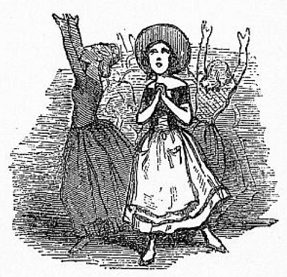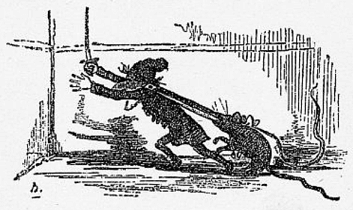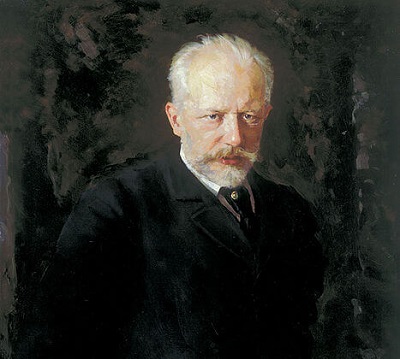 Opera and Ballet
Stories in Music
Opera and Ballet
Stories in Music




 Opera and Ballet
Stories in Music
Opera and Ballet
Stories in Music

Read the chapter and listen to the musical selection for one week.
Over the week:


Activity 1: Recite the Ballet Information
Activity 2: Narrate the Story
Activity 3: Listen to the Movement